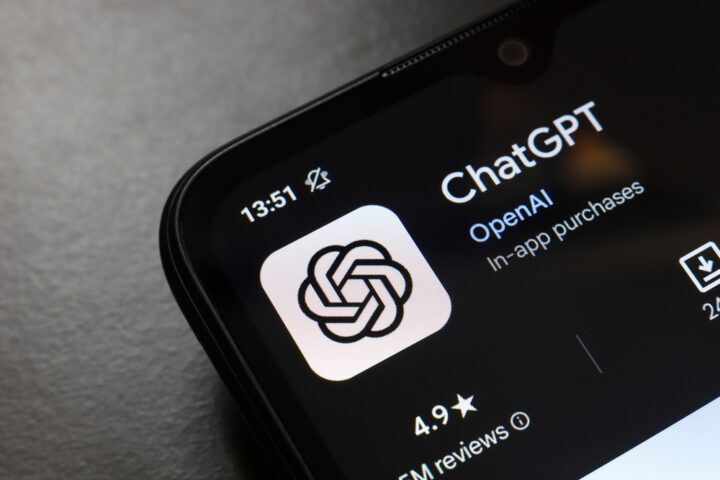Apple Challenges British Order to Create “Back Door” in Encryption
Apple is appealing a British government order to create a “back door” to its encrypted cloud storage systems, a move that has raised significant privacy concerns. The Investigatory Powers Tribunal (IPT) confirmed on Monday that it has rejected the British government’s request to keep the details of the case, including the identity of the party bringing the appeal, confidential. The issue revolves around Apple’s Advanced Data Protection feature, which allows users to encrypt data stored on Apple’s cloud, ensuring that only they can access it—not even Apple itself.
Privacy and Security at Stake
The British Home Office has not commented on the legal proceedings but emphasized that any access to individuals’ data would require a warrant. The Home Office stated that its investigatory powers were subject to “robust safeguards,” including judicial authorizations and oversight to protect privacy. The government insists that these powers are intended to prevent serious crime and assist in pursuing criminals, and that they do not interfere with free speech rights. However, Apple’s appeal focuses on the potential risks to privacy and the broader implications for encrypted communications.
Public Concerns Over Government Access to Encrypted Data
The case comes after reports in February by The Washington Post, which revealed that Britain had issued a “technical capability notice” to Apple. This notice would require the company to enable blanket access to encrypted messages and photos stored in its cloud, even for users outside of the UK. While the British government has framed this request as essential for national security and crime prevention, critics worry that such measures could lead to broader surveillance and undermine user privacy protections globally.
Secrecy Surrounds Case Details
Details of the case have been kept largely secret, with the IPT ruling against the British government’s attempt to shield the identity of the party bringing the appeal. Judges Rabinder Singh and Jeremy Johnson rejected the argument that publicizing the case’s existence or its origin could harm national security. A hearing was held last month in London, but media were not allowed to attend, further fueling concerns about transparency in the legal process.
Apple’s Stance on User Privacy
Apple has long championed user privacy as a key part of its brand identity, and the company has pushed back against government demands for access to encrypted data in the past. This legal battle in the UK is a part of a broader trend of governments around the world seeking ways to bypass encryption for law enforcement purposes. Apple’s appeal is a test of the balance between national security concerns and individuals’ rights to privacy and security in the digital age.
A Landmark Privacy Case for Apple
Apple’s ongoing appeal against the UK government’s request to break its encryption is a significant case that will have far-reaching implications for digital privacy and the future of encrypted communications. As governments increasingly seek access to private data for security purposes, tech companies like Apple are standing firm in their commitment to user privacy, setting the stage for future legal battles over the limits of state power in the digital era.







